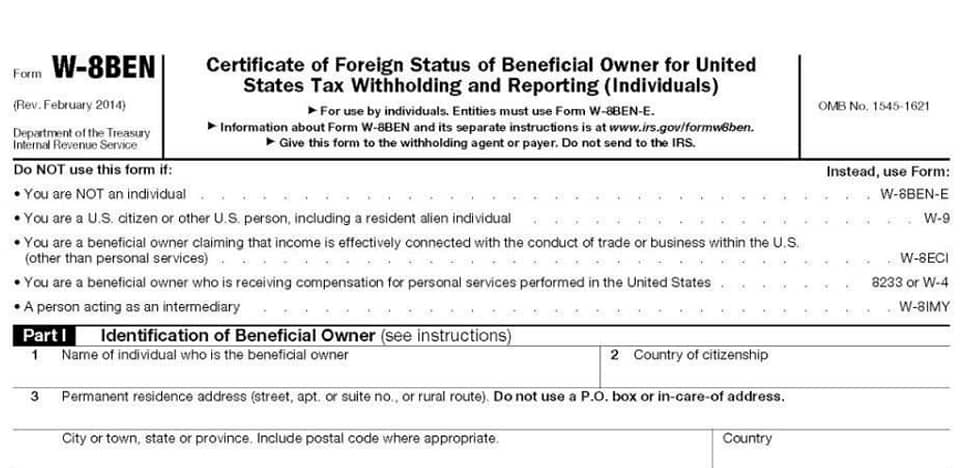Financial Accounting FA

Learn the underlying principles and concepts of financial accounting, accounting techniques and the preparation of basic financial statements. You’ll demonstrate technical proficiency in the use of double-entry techniques, including the preparation and interpretation of basic financial statements for sole traders, partnerships, companies and simple groups of companies. Financial accountancy is governed by both local and international accounting standards. Generally Accepted Accounting Principles (GAAP) is the standard framework of guidelines for financial accounting used in any given jurisdiction. It includes the standards, conventions and rules that accountants follow in recording and summarizing and in the preparation of financial statements.
- Financial accounting is the widely accepted method of preparing financial results for external use.
- Access the FA/FFA syllabus, ACCA-X, specimen & practice exams, technical articles and additional support resources here.
- Maintaining quality and accuracy is another major challenge of outsourcing finance and accounting services.
- However, while considering an outsourcing partner, it is important to consider clear and comprehensive Service Level Agreements (SLAs) that deliver measurable performance and outcomes.
- Financial accounting is the framework that sets the rules on how financial statements are prepared.
Exam format

Businesses today often outsource F&A to leverage specialized expertise, and advanced tools, technologies, and industry insights that may not be feasible for their own in-house teams to maintain. Trade receivables and revenue Relevant from September 2023 This article looks at trade receivables, which arise when a business makes sales or provides a service on credit. Members of financial accounting can carry several different professional designations. The syllabus for Financial Accounting (FA)/FFA net sales introduces the candidate to the fundamentals of the regulatory framework relating to accounts preparation and to the qualitative characteristics of useful financial information.
Users of Financial Accounting/Financial Statements
It is a strategy to improve our organizational reputation and attract fa accounting more clients. The integration of the latest technologies such as artificial intelligence (AI), machine learning (ML) and robotic process automation (RPA) has enabled advanced analytics, automation of repetitive tasks and improved data precision. This has become the cornerstone of streamlined processes, improved decision-making while staying market competitive. This article will guide you on the skills and exam techniques required in preparing for on-demand CBEs. Asset, expense, and dividend accounts have normal debit balances (i.e., debiting these types of accounts increases them).
Financial accounting versus cost accounting

Partnering with expert service providers can improve the organization’s financial matters, compliance, and strategic decision-making – the roadmap to achieving a competitive edge. FA is a core module in the ACCA qualification, and it is essential for students to have a good understanding of the subject if they wish to pursue a career in accounting and finance. Through the study of FA, students will develop a sound knowledge of financial accounting principles and practices, which they can apply in their professional lives.
- Accrual accounting recognizes the impact of a transaction over a period of time.
- Financial Accounting (FA/FFA) aims to develop knowledge and understanding of the basic principles and concepts of financial accounting.
- The solution to this is devising and implementing effective communication strategies, staff training and using collaboration tools.
- Companies and organizations often have an accounting manual that details the pertinent accounting rules.
- Support from top experts, including accountants, CPAs, and others, can help manage the situation.

Accrual accounting recognizes the impact of a transaction over a period of time. On the other hand, International Financial Reporting Standards (IFRS) is a set of accounting standards stating how particular types of transactions and other events should be reported in financial statements. IFRS are issued by the International Accounting Standards Board (IASB).2 With IFRS becoming more widespread on the international scene, consistency in financial reporting has become more prevalent between global organizations.

Maintaining quality and accuracy is another major challenge of outsourcing finance and accounting services. Any error or deviation in financial data can have major consequences for the company, leading to big losses and penalties. Hence, it is important to ensure that managed service providers offer top-notch services featuring evident performance metric and regular audits. Financial accounting is dictated by five general, overarching principles that guide companies in how to prepare their financial Bookstime statements. A cash flow statement is used by management to better understand how cash is being spent and received.

Financial accounting is a branch of accounting concerned with the summary, analysis and reporting of financial transactions related to a business.1 This involves the preparation of financial statements available for public use. Stockholders, suppliers, banks, employees, government agencies, business owners, and other stakeholders are examples of people interested in receiving such information for decision making purposes. To teach the underlying principles and concepts of financial accounting, accounting techniques and the preparation of basic financial statements. Financial Accounting (FA) is an important subject in the field of accounting that deals with the preparation of financial statements for external users of financial information such as shareholders, investors, creditors, and government agencies. The aim of financial accounting is to provide accurate and reliable financial information to stakeholders, which they can use to make informed decisions. The entire purpose of financial accounting is to prepare financial statements, which are used by a variety of groups and often required as part of agreements with the preparing company.

